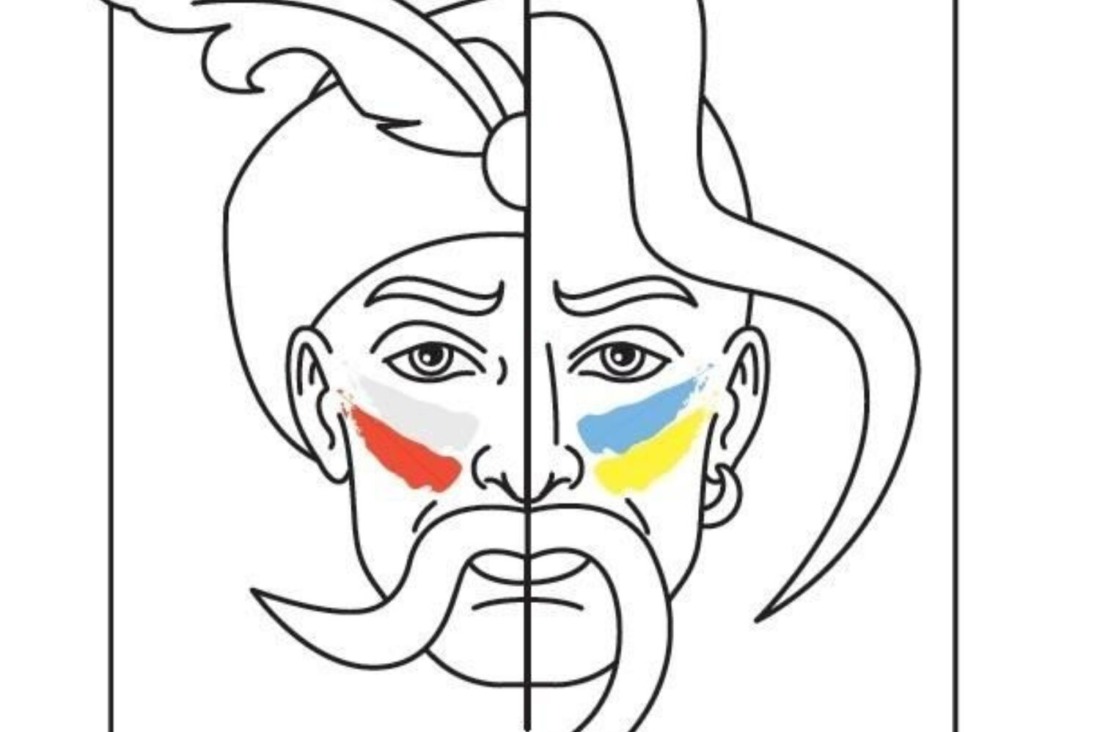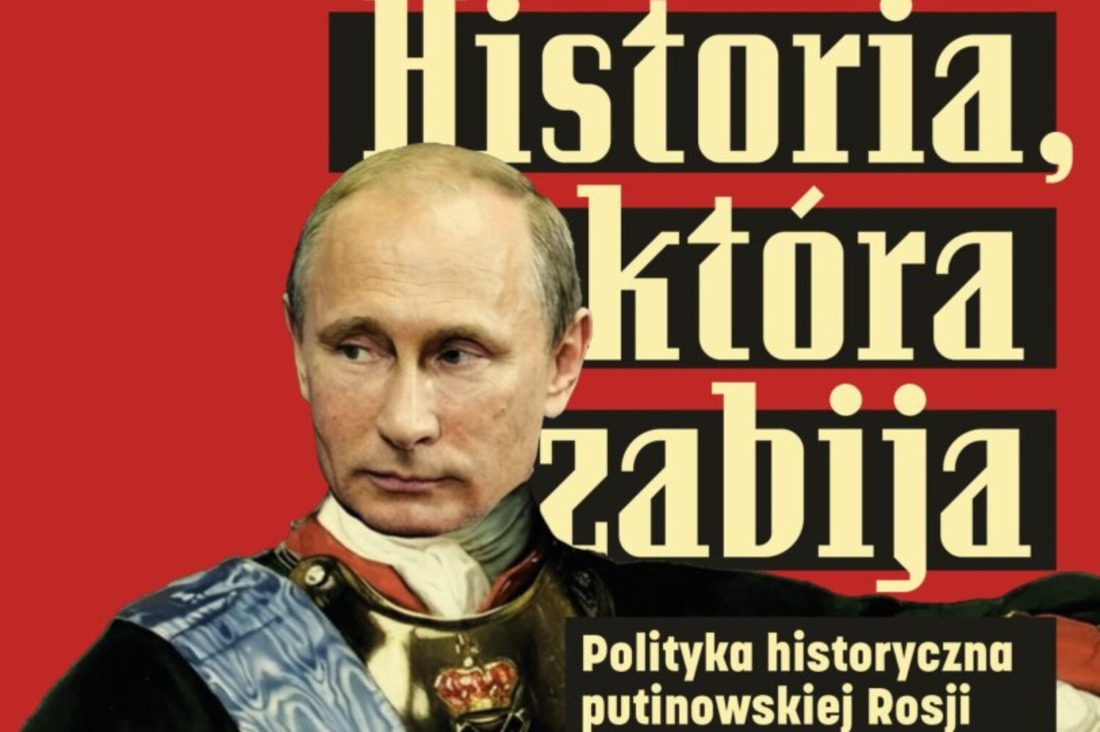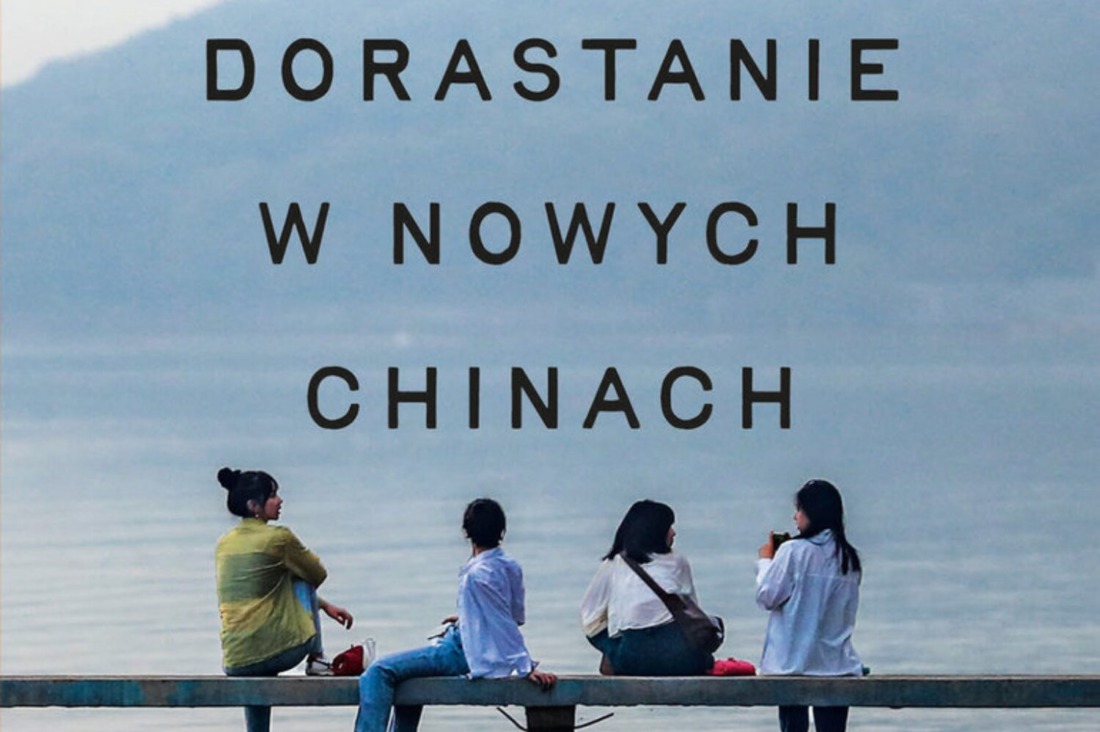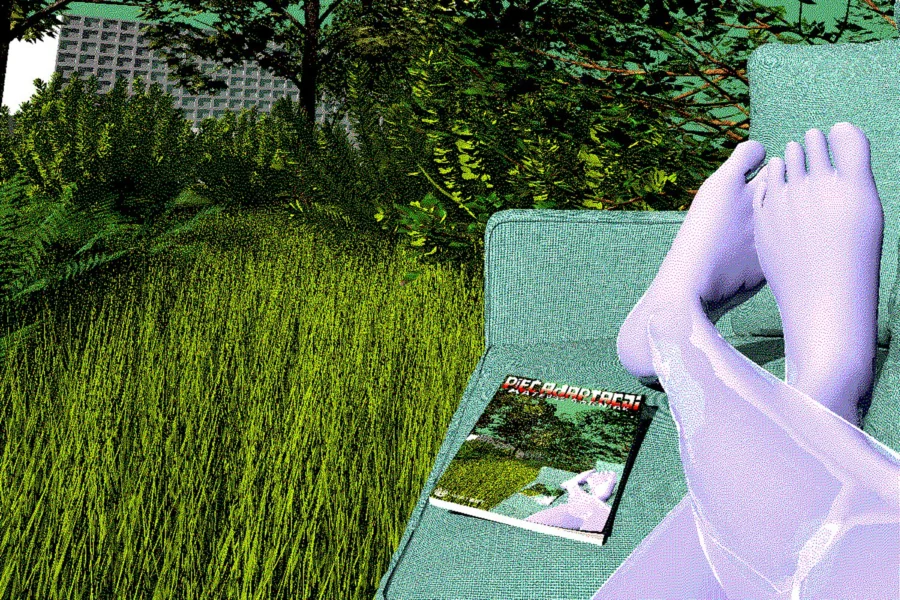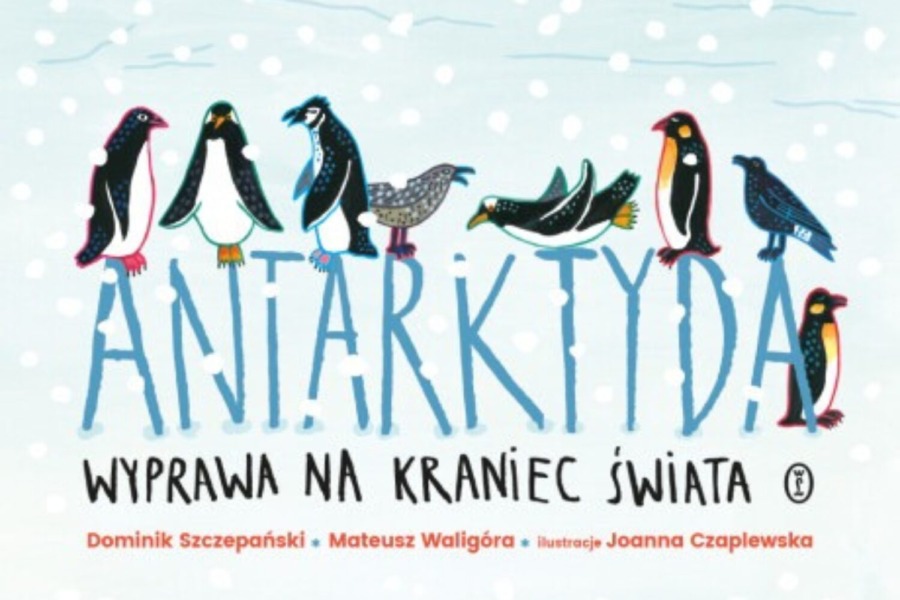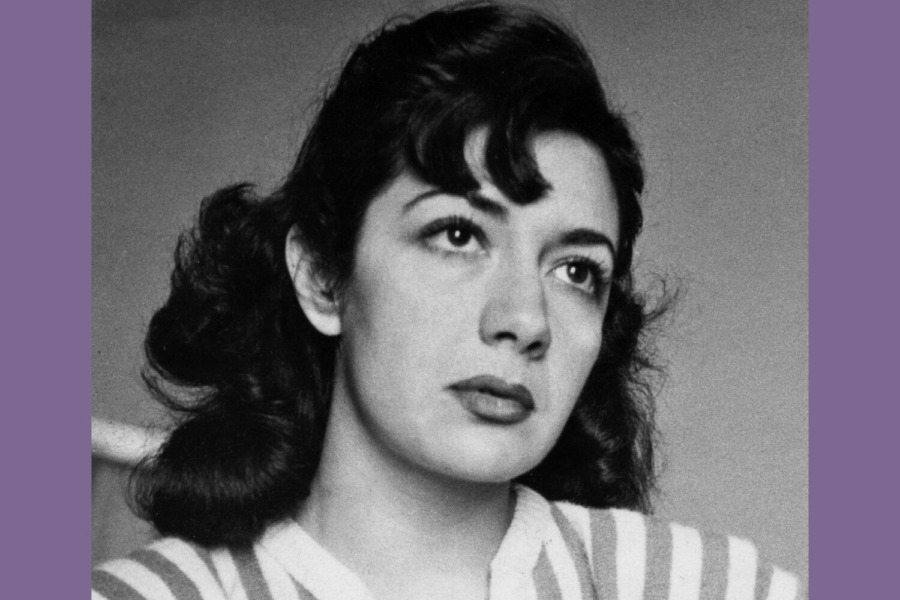Martha C. Nussbaum
The Silent Crisis
We are living through a crisis of massive proportions and grave global significance. No, I do not mean the global economic crisis, although that surely is urgent. But everyone at least knows that that crisis is at hand, and many world leaders are working on solutions. Indeed, governments will be replaced if they do not come up with solutions. No, I mean a crisis that goes largely unnoticed, like a cancer; a crisis that is likely to be, in the long run, far more damaging to the future of civilization: a worldwide crisis in education.
Radical changes are occurring in what democratic societies teach the young, and these changes have not been well thought through. Thirsty for national profit, nations, and their systems of education, are heedlessly discarding skills that are needed to keep democracies alive. If this trend continues, nations all over the world will soon be producing generations of useful machines, rather than complete citizens who can think for themselves, criticize tradition, and understand the significance of another person’s suffering. The future of the world’s democracies hangs in the balance.
What are these radical changes? The humanities and the arts are being cut away, in both primary/secondary and university education, in virtually every nation all of the world. Seen by policy-makers as useless frills, at a time when nations must cut away all useless things in order to stay competitive in the global market, they are rapidly losing their place in curricula, and in the minds and hearts of parents and children. Indeed, what we might call the humanistic aspects of science and social science – the imaginative, creative aspect, and the aspect of rigorous critical thought – are also losing ground, as nations prefer to pursue short-term profit by the cultivation of useful, highly applied, skills, suited to profit-making.
This crisis is facing us, but we have not yet faced it. We go on as if everything were business as usual, when in reality great changes of emphasis are evident all over.
We’re pursuing the possessions that protect, please, and comfort us. But we seem to be forgetting about the soul. About what it is for thought to open out of the soul and connect person to world in a rich, subtle, and complicated manner. About what it is to approach another person as a soul, rather than as a mere useful instrument, or an obstacle to one’s own plans. About what it is to talk as someone who has a soul to someone else whom one sees as similarly deep and complex. The word “soul” has religious connotations for many people, and I neither insist on these nor reject them: each person may hear them or ignore them. What I do insist on, however, is what we mean by that word: the faculties of thought and imagination that make us human and our relationships rich human relationships, rather than relationships of mere use and manipulation. When we meet in society, if we haven’t learned to see both self and other in that way, democracy is bound to fail, because democracy is built upon respect and concern.
Given that economic growth is so eagerly sought by all nations, especially at this time of crisis, too few questions have been posed about the direction of education, and, with it, of the world’s democratic societies. With the rush to profitability in the global market, values precious for the future of democracy, especially in an era of religious and and economic anxiety, are in danger of getting lost.
The profit motive suggests to most concerned politicians that science and technology are of crucial importance for the future health of their nations. We should have no objection to good scientific and technical education, and I do not suggest that nations should stop trying to improve in this regard. My concern is that other abilities, equally crucial, are at risk of getting lost in the competitive flurry, abilities crucial to the health of any democracy internally, and to the creation of a decent world culture and a robust type of global citizenship, capable of constructively addressing the world’s most pressing problems.
These abilities are associated with the humanities and the arts: the ability to think critically; the ability to transcend local loyalties and to approach world problems as a „citizen of the world”; and, finally, the ability to imagine sympathetically the predicament of another person.
Education is not just for citizenship. It prepares people for employment, and, importantly, for lives of rich significance. Every modern democracy is also a society in which people differ greatly along many parameters, including religion, ethnicity, wealth and class, physical impairment, gender, and sexuality. One way of assessing the adequacy of any educational scheme is to ask how well it prepares young people for life within a form of social and political organization that has those features. Without support from suitably educated citizens, no democracy can remain stable. I argue that capacities for critical thinking and reflection are crucial in keeping democracies alive and wide awake. And our natural capacity to imagine the experience of another needs to be enhanced and refined if we are to have any hope of sustaining decent institutions across the many divisions that any modern society contains.
* Extract from: Not For Profit: Liberal Education and Democratic Citizenship, to be published by Princeton University Press.
**Martha Nussbaum is a philosopher, professor at the University of Chicago.

